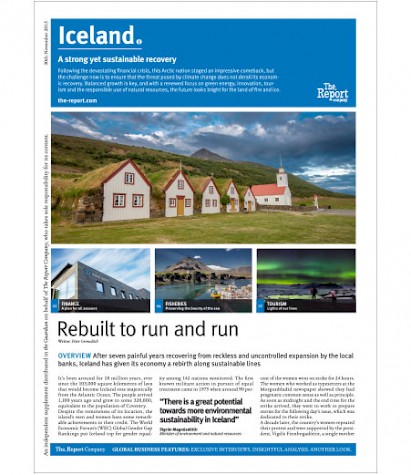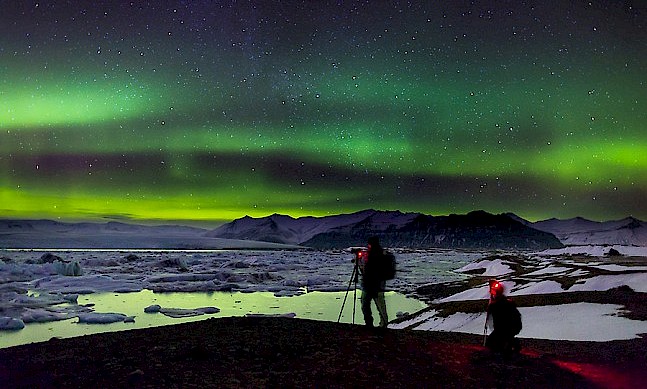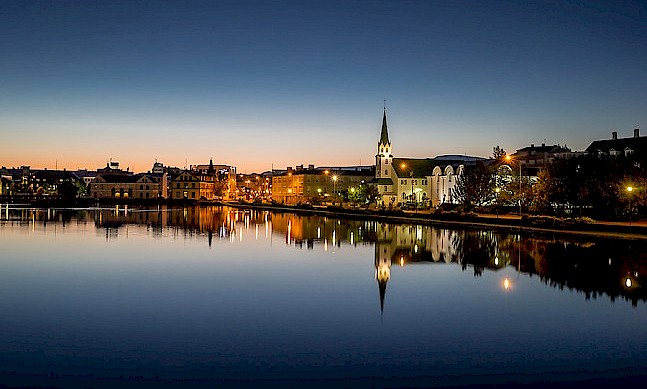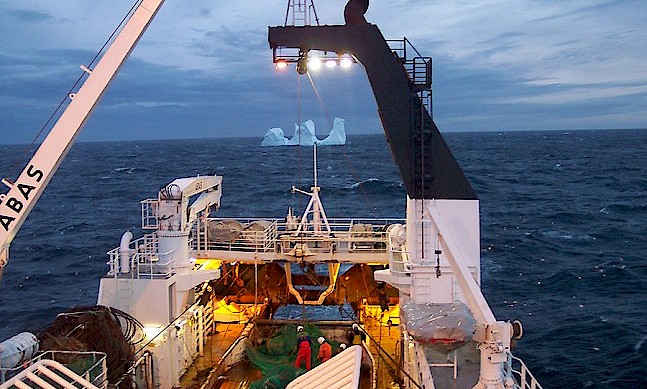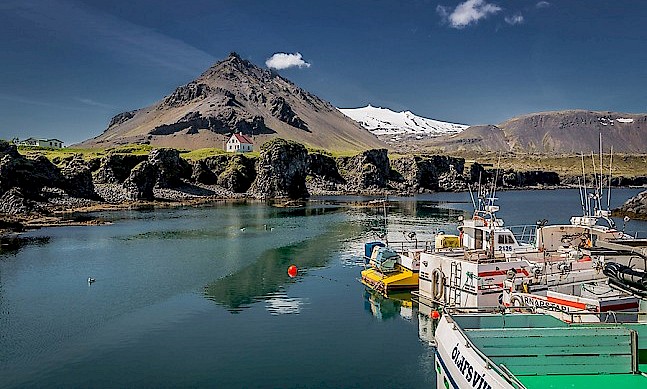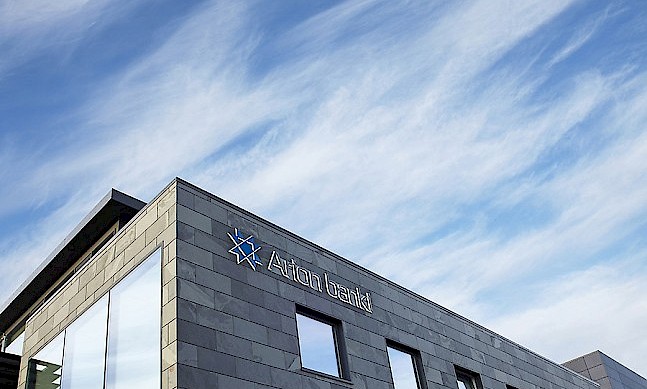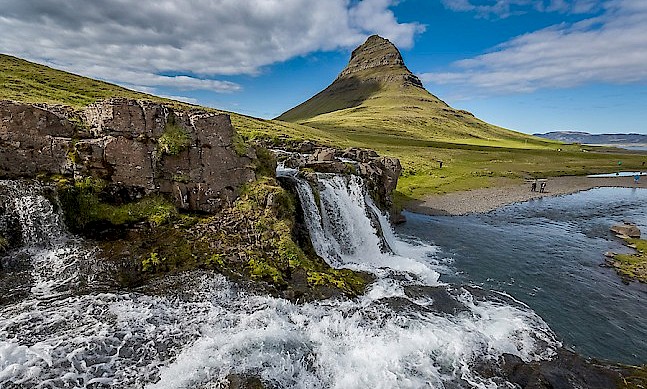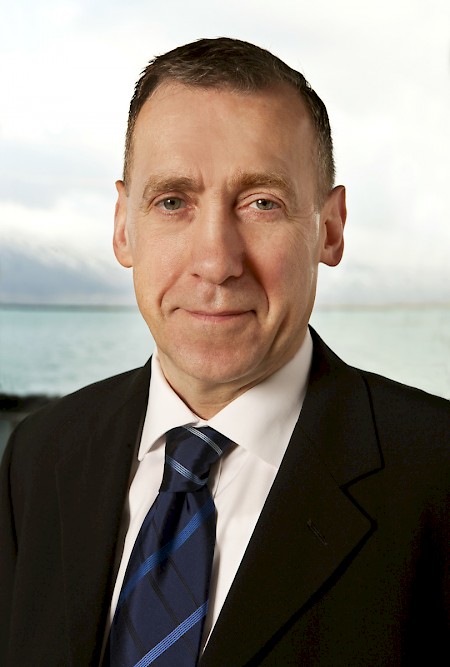 Vilhjálmur Vilhjálmsson. Photo: HB Grandi
Vilhjálmur Vilhjálmsson. Photo: HB Grandi
HB Grandi is one of Iceland’s largest fishing and fish processing firms. It is a member of Iceland Responsible Fisheries, which indicates Icelandic origin of fish catches in Icelandic waters and responsible fisheries management, and also holds chain-of-custody certification from the Marine Stewardship Council (MSC). The company has the largest fishing quota amongst Icelandic fisheries companies and operates its own marketing division that sells its products worldwide, mainly in Europe, Asia, Africa and North America. Vilhjálmur Vilhjálmsson, the company’s CEO, talked to The Report Company about how the company operates.
The Report Company: What are the main operations of the company?
Vilhjálmur Vilhjálmsson: The company today is the result of mergers of many companies, the oldest of which – the “HB” part of the name – is more than a hundred years old, while Grandi was formed in 1985. The company is traded on the stock market and we have about 1,500 shareholders. We currently run seven trawlers, of which four are fresh fish trawlers which catch fish for processing onshore, and then we have three freezer trawlers. We are also operating a pelagic division, with three pelagic vessels, and we also have processing for pelagic fish. We are operating in three different places, Reykjavík, Akranes and Vopnafjörður, and there are about 950 people working for the company.
TRC: Which are the company’s major export markets?
VV: We are selling to around 40 countries. Our most important export country last year was Russia; they bought 17 percent of our volume. The markets differ depending on the product; fish frozen at sea is mostly sold to England, the fresh fish market is in France and Germany, while for frozen fish it is Eastern Europe and Asia. Japan is important for us. Then we are also processing fishmeal and fish oil from the pelagic fish and that is going to Norway.
“Our challenge is to fish, process and market, all in-house, and the idea is to make as much value as we can out of what we are allowed to catch”Tweet This
TRC: What challenges do you face in integrating operations, processing and marketing?
VV: Our challenge is to fish, process and market, all in-house, and the idea is to make as much value as we can out of what we are allowed to catch. We are running our own marketing department and we are running it here in Iceland; we don’t have any offices abroad, so we have around 15 people marketing our products. Over the last few years we have been buying companies in order to get more value from our fish.
TRC: HB Grandi joined Festa, the Icelandic Center for Corporate Social Responsibility, in 2014. How important is CSR to the company?
VV: We have always considered ourselves to be a very socially responsible company so it was not a big step in our history to join Festa. Before that, we have been doing a lot of things to promote responsibility. Six or seven years ago we went out and started processing air-dried fishmeal with a method using electric power, and we were the first company in the world to do so. This was considered to be very risky but by doing this we no longer need oil to process fishmeal in our plant. Since then, many other processers are doing the same thing, so the industry as a whole is using a lot less oil than before, so that was a good step that we took. We are currently building five new ships in Turkey, one of which has already been delivered, and they are energy efficient and are equipped with technology that prevents CO2 emissions.
TRC: What is the effect of the fishing quota system on your business?
VV: There is a limit in Iceland, so any one company is not allowed to have more than 12 percent of the total export value of the fish species in the quota system. We are right at the limit, so we can’t go any bigger in the quotas.
TRC: What would you like people to know about HB Grandi?
VV: We are very much aware that you must show responsibility to nature and conserve the fish stocks, quite simply because this company would otherwise cease to be.


